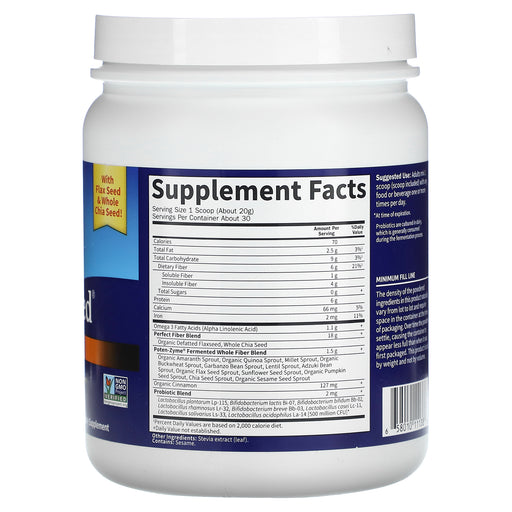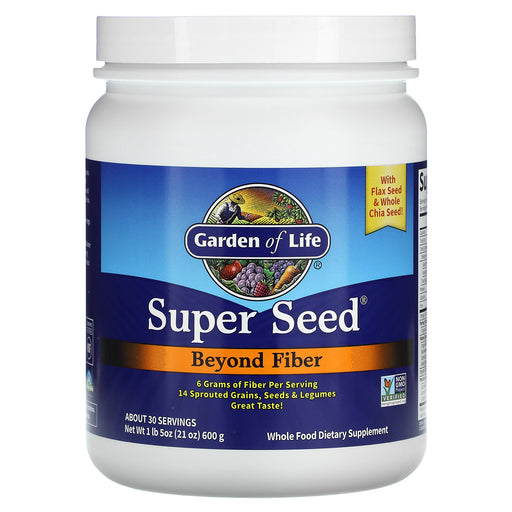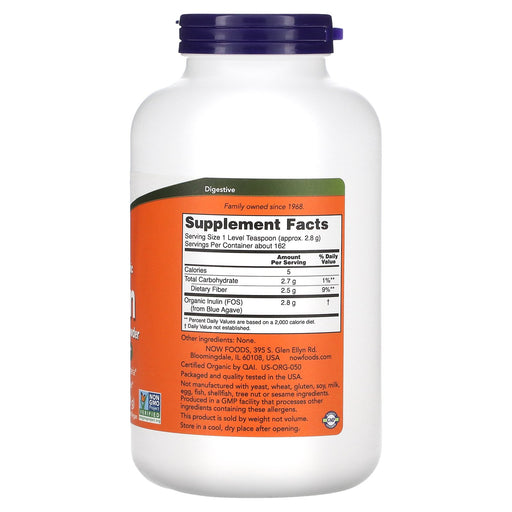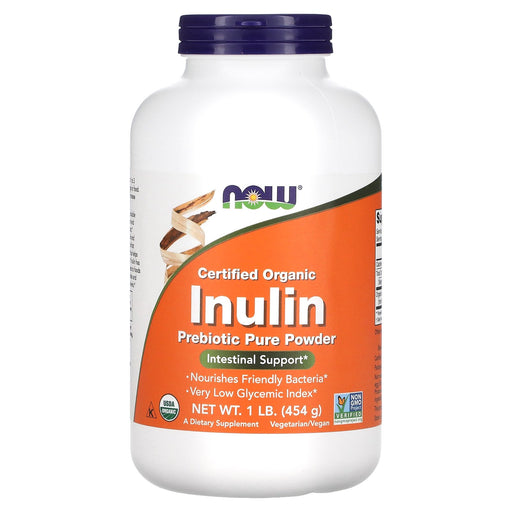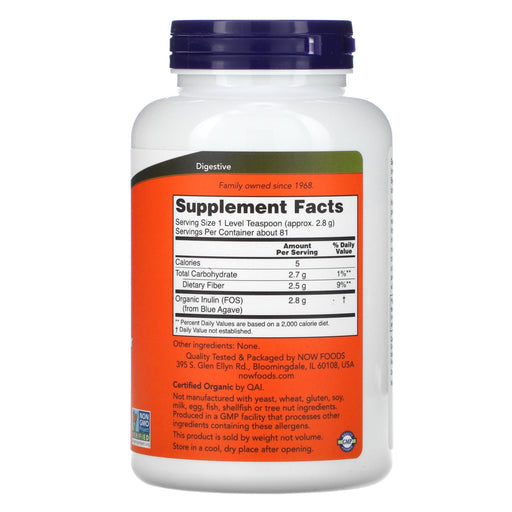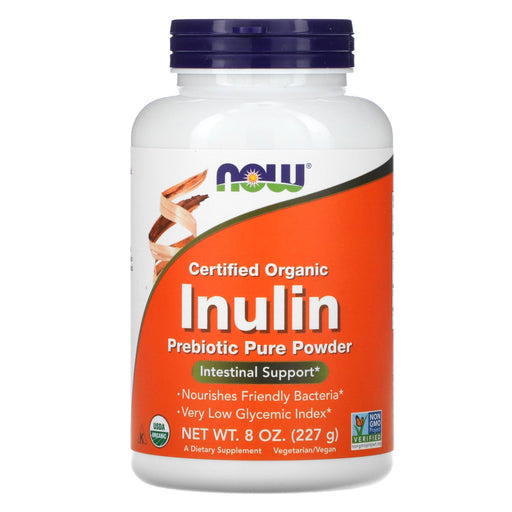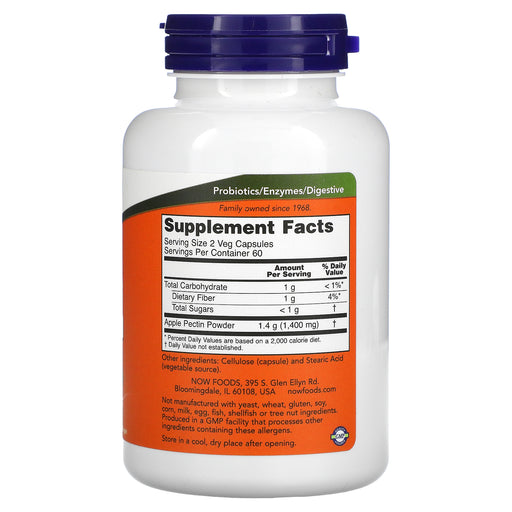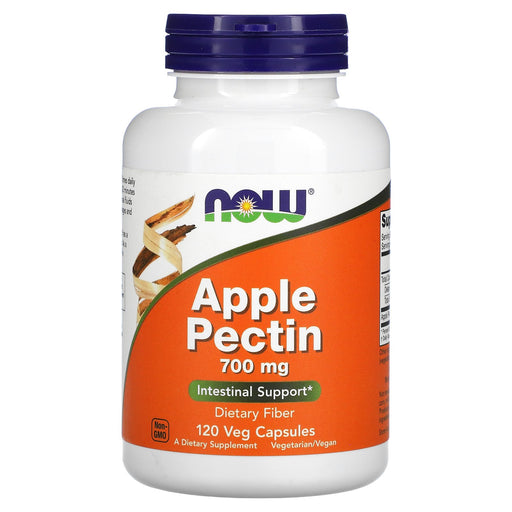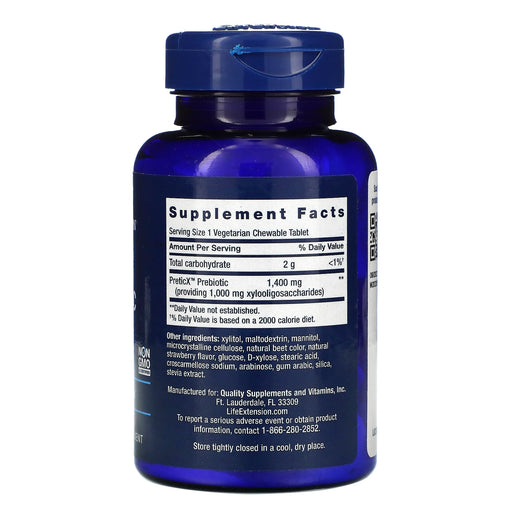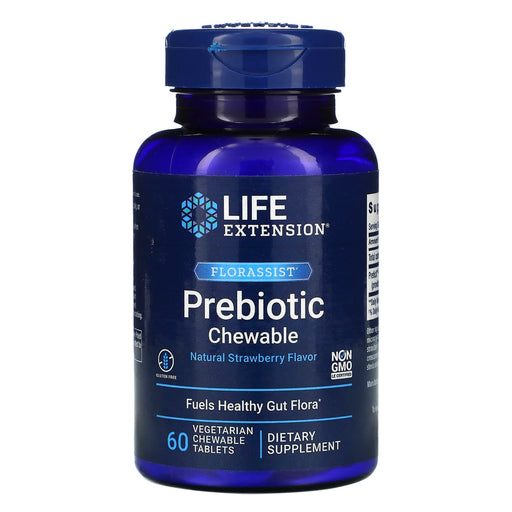
Supporting Digestive Health and Weight Management with Fiber Supplements
Fiber is an essential nutrient that plays a crucial role in maintaining digestive health, promoting regular bowel movements, and supporting overall well-being. Adequate fiber intake has also been linked to numerous health benefits, including improved weight management, better blood sugar control, and a reduced risk of chronic diseases like heart disease and certain types of cancer. However, many people struggle to consume enough fiber through their daily diets, making fiber supplements an effective way to bridge the gap and ensure optimal intake.
The Benefits of Fiber Supplementation
Incorporating fiber supplements into your wellness routine can offer a wide range of potential benefits for your digestive health, weight management, and overall well-being:
- Digestive Regularity: Fiber helps promote regular bowel movements by adding bulk to the stool, stimulating peristalsis (the natural contractions of the digestive tract), and promoting a healthy transit time through the colon.
- Constipation Relief: By increasing stool volume and softness, fiber supplements can help alleviate constipation and promote more comfortable, efficient bowel movements. Fiber works in synergy with magnesium, a mineral that helps relax the muscles of the digestive tract and promote regularity.
- Gut Microbiome Support: Certain types of fiber, known as prebiotic fibers, serve as food for the beneficial bacteria in the gut, promoting a healthy, diverse microbiome. A balanced gut microbiome is essential for optimal digestion, immune function, and overall health. Fiber supplements can be paired with probiotic supplements to further support gut health.
- Blood Sugar Management: Soluble fiber helps slow down the absorption of glucose in the bloodstream, promoting more stable blood sugar levels and reducing the risk of insulin resistance and type 2 diabetes. Fiber works alongside other blood sugar-supportive nutrients like chromium and alpha-lipoic acid.
- Cholesterol Reduction: Soluble fiber binds to bile acids in the digestive tract, helping to remove cholesterol from the body and lower total and LDL (bad) cholesterol levels, supporting cardiovascular health. Fiber's cholesterol-lowering effects can be enhanced when combined with other heart-healthy nutrients like omega-3 fatty acids and plant sterols.
- Weight Management: Fiber supplements can help support weight loss efforts by promoting feelings of fullness, reducing appetite, and helping to control calorie intake. High-fiber diets are often lower in energy density, allowing you to eat more volume while consuming fewer calories. Fiber can be combined with other weight management-supportive nutrients like green tea extract and conjugated linoleic acid (CLA) for a synergistic effect.
Types of Fiber Supplements
There are several types of fiber supplements available, each with unique properties and potential benefits:
- Psyllium Husk: A soluble fiber derived from the seeds of the Plantago ovata plant, psyllium husk is known for its ability to promote regularity, alleviate constipation, and support healthy cholesterol levels.
- Methylcellulose: A semi-synthetic, soluble fiber that helps normalize bowel function, relieve constipation, and promote feelings of fullness.
- Inulin: A prebiotic fiber derived from chicory root, inulin serves as food for beneficial gut bacteria, supporting digestive health and immune function.
- Glucomannan: A soluble fiber derived from the konjac root, glucomannan has been shown to promote feelings of fullness, support weight loss, and help regulate blood sugar and cholesterol levels.
- Wheat Dextrin: A prebiotic, soluble fiber that helps promote the growth of beneficial gut bacteria, improve digestive comfort, and support overall gut health.
Choosing the Best Fiber Supplement for Your Needs
When selecting a fiber supplement, consider the following factors to ensure you are getting a high-quality, effective product that meets your unique health needs:
- Type of Fiber: Choose a fiber supplement that aligns with your specific health goals, such as promoting regularity, supporting weight management, or improving gut microbiome health.
- Quality and Purity: Opt for fiber supplements manufactured by reputable brands in GMP-certified facilities, ensuring the highest standards of quality, purity, and safety.
- Ease of Use: Consider fiber supplements that are easy to incorporate into your daily routine, such as powders that can be mixed into beverages or capsules that can be taken with meals.
- Tolerance and Side Effects: Some people may experience digestive discomfort or bloating when first starting a fiber supplement. Choose a supplement that is well-tolerated and start with a lower dose, gradually increasing as your body adjusts.
- Complementary Ingredients: Look for fiber supplements that include other digestive health-supportive ingredients, such as probiotics or digestive enzymes, for a synergistic approach to gut wellness.
Tips for Incorporating Fiber Supplements into Your Wellness Routine
To maximize the benefits of fiber supplementation and support optimal digestive health and overall well-being, consider the following tips:
- Pair with a Balanced Diet: While fiber supplements can help fill nutrient gaps, they should be used in conjunction with a balanced diet rich in whole foods, including plenty of fruits, vegetables, whole grains, and legumes.
- Stay Hydrated: Drink plenty of water when taking fiber supplements to help the fiber move smoothly through the digestive tract and prevent constipation or discomfort.
- Start Slowly: When first incorporating a fiber supplement into your routine, start with a lower dose and gradually increase over time to allow your body to adjust and minimize potential side effects like bloating or gas.
- Take Consistently: For optimal results, take your fiber supplement consistently, as directed, to maintain regular bowel function and support overall digestive health.
- Consider Timing: Some people may find it helpful to take their fiber supplement with meals to promote feelings of fullness and support weight management, while others may prefer to take it between meals to optimize digestive regularity.
Experience the Power of Optimal Fiber Intake with Health Orchard's Fiber Supplements
Support your digestive health, weight management, and overall well-being with Health Orchard's curated selection of premium fiber supplements. Our collection features a range of high-quality, effective products designed to promote regularity, alleviate constipation, support gut microbiome health, and help you reach your fiber intake goals.
From psyllium husk and methylcellulose to prebiotic fibers like inulin and wheat dextrin, our fiber supplements are sourced from trusted brands and manufactured to the highest standards of purity and potency. We also offer synergistic blends that combine fiber with other gut-supportive nutrients, such as probiotics and digestive enzymes, for a comprehensive approach to digestive wellness.
Experience the transformative power of optimal fiber intake and take control of your digestive health with fiber supplements from Health Orchard. Explore our collection today and witness the perfect fiber supplement to support your unique health needs and goals.
Frequently Asked Questions about Fiber
1. Is it good to take fiber supplements?
Yes, taking fiber supplements can be beneficial for many people, especially those who struggle to get enough fiber from their diet alone. Fiber supplements can help:
- Regulate bowel movements and prevent constipation
- Lower cholesterol levels
- Control blood sugar levels
- Promote feelings of fullness and aid in weight management
- Support the growth of beneficial gut bacteria
However, it's always best to try to obtain fiber from whole food sources first, such as fruits, vegetables, whole grains, and legumes. If you still have difficulty meeting your fiber needs, supplements can be a useful addition to your diet. Consult with a healthcare professional to determine if fiber supplements are right for you and to choose the best type and dosage for your individual needs.
2. What is the best fiber supplement?
The best fiber supplement for you may depend on your individual needs, preferences, and tolerance. Some popular types of fiber supplements include:
- Psyllium husk: A soluble fiber that can help regulate bowel movements, lower cholesterol, and manage blood sugar levels.
- Methylcellulose: A semi-synthetic fiber that can help relieve constipation and promote feelings of fullness.
- Inulin: A prebiotic fiber that supports the growth of beneficial gut bacteria and may improve digestive health.
- Wheat dextrin: A partially hydrolyzed fiber that can help regulate bowel movements and support digestive health.
- Guar gum: A soluble fiber that can help lower cholesterol and manage blood sugar levels.
When choosing a fiber supplement, look for a product from a reputable brand that contains high-quality ingredients and is free from unnecessary additives or fillers. It's also essential to start with a low dose and gradually increase to minimize potential digestive side effects like bloating or gas.
3. What supplements are high in fiber?
Several types of supplements are high in fiber, including:
- Psyllium husk powder or capsules
- Methylcellulose powder or capsules
- Inulin powder
- Wheat dextrin powder
- Guar gum powder
- Glucomannan powder or capsules
- Acacia fiber powder
- Partially hydrolyzed guar gum (PHGG) powder
- Flaxseed meal or powder
- Chia seed powder
These supplements can be found in various forms, such as powders that can be mixed into liquids or soft foods, capsules, or chewable tablets. When selecting a high-fiber supplement, consider factors such as the type of fiber, dosage, and any additional ingredients that may be included in the product.
4. Is it OK to take fiber supplements daily?
Yes, it is generally safe to take fiber supplements daily, as long as you are using them as directed and not exceeding the recommended dosage. In fact, many people can benefit from taking fiber supplements daily to help meet their fiber needs and support digestive health.
However, it's essential to keep a few things in mind when taking fiber supplements daily:
- Introduce fiber supplements gradually to minimize digestive discomfort, such as bloating or gas.
- Stay well-hydrated by drinking plenty of water throughout the day, as fiber absorbs water and can cause constipation if you don't consume enough fluids.
- If you are taking any medications, consult with your healthcare provider, as fiber supplements may interact with certain drugs or alter their absorption.
- If you experience persistent digestive issues or discomfort, consult with a healthcare professional to ensure that daily fiber supplementation is appropriate for you.
5. Who should take fiber supplements?
Fiber supplements can be beneficial for various individuals, including:
- People who struggle to get enough fiber from their diet alone
- Those with digestive issues, such as constipation or irregular bowel movements
- Individuals looking to lower their cholesterol levels or manage blood sugar levels
- People trying to lose weight or maintain a healthy weight, as fiber can promote feelings of fullness
- Those with certain medical conditions, such as irritable bowel syndrome (IBS) or diverticulosis, where increased fiber intake may be recommended
- Individuals who have had weight loss surgery, as they may require additional fiber to prevent constipation
- Athletes or active individuals who may have higher fiber needs due to increased calorie intake
6. Who cannot take fiber?
While fiber supplements are generally safe and beneficial for most people, there are certain individuals who should avoid them or use them with caution:
- People with a history of intestinal blockages or narrowing of the esophagus or intestines, as fiber supplements may worsen these conditions
- Individuals with inflammatory bowel diseases, such as Crohn's disease or ulcerative colitis, during a flare-up, as fiber may exacerbate symptoms
- Those with a history of bowel surgery, as fiber supplements may increase the risk of obstruction
- People with gastroparesis, a condition that slows stomach emptying, as fiber may delay digestion further
- Individuals with a rare genetic condition called galactosemia, as some fiber supplements may contain galactose
- Those taking certain medications, such as cholesterol-lowering drugs or antidepressants, as fiber supplements may interact with these medications or alter their absorption
7. Should I take probiotics and fiber supplements?
Yes, taking both probiotics and fiber supplements can be beneficial for digestive health and overall well-being. Probiotics and fiber work together synergistically to support a healthy gut environment. Probiotics are beneficial bacteria that help maintain a balanced gut microbiome, support digestive function, and boost immune health. Fiber, on the other hand, serves as a prebiotic, which is essentially food for the beneficial bacteria in your gut. By consuming both probiotics and fiber, you are not only introducing healthy bacteria into your digestive system but also providing them with the nutrients they need to thrive.


